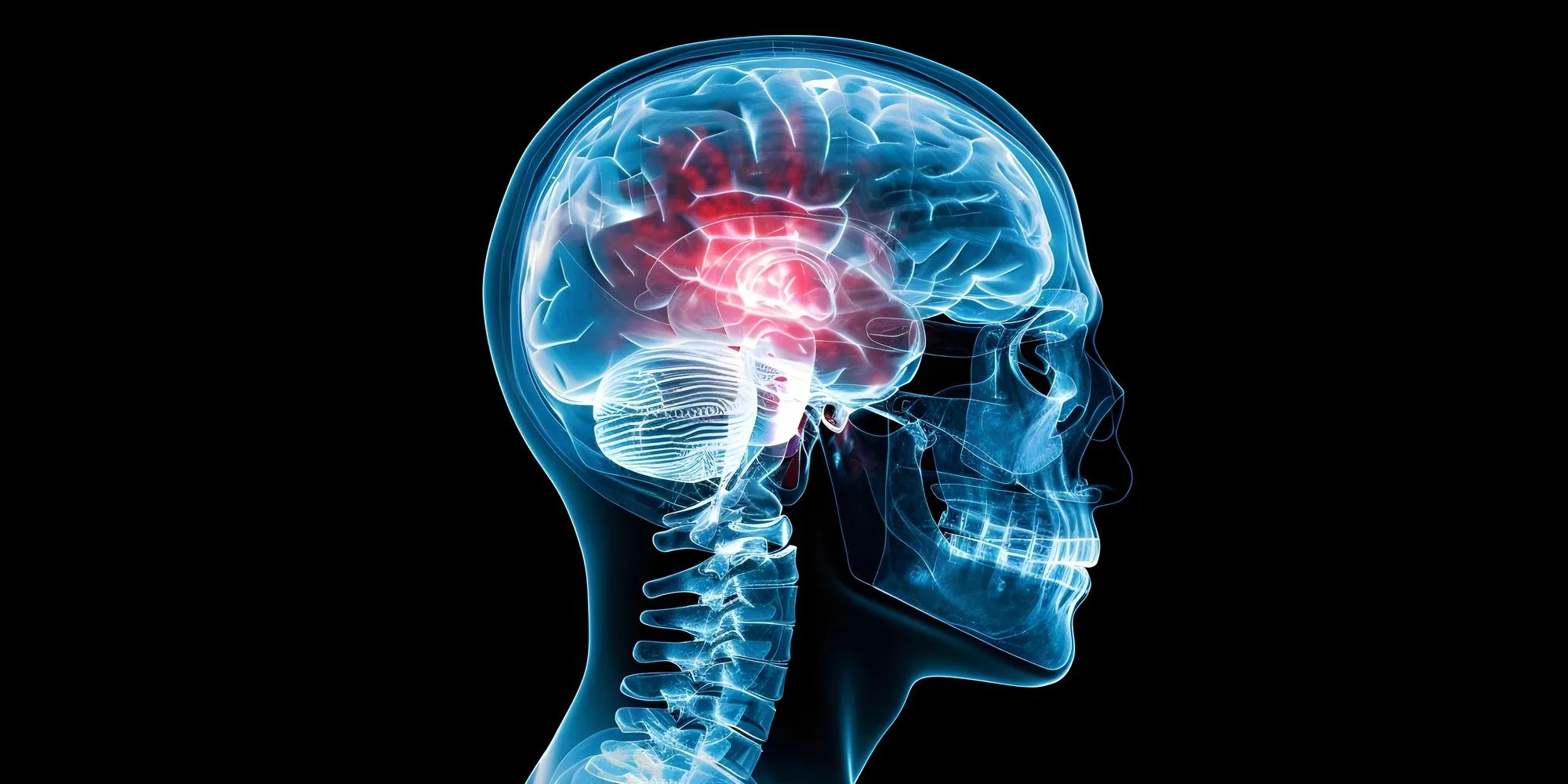Introduction
Multiple sclerosis (MS) is an autoimmune disease characterized by the destruction of the myelin sheath in the central nervous system, leading not only to physical disability but also to psychiatric manifestations such as depression. For years, the medical community has dedicated effort and resources to finding treatment options that can address both the physical and emotional toll of MS. A promising development has recently been reported in the “Journal of Affective Disorders,” where a study highlights the efficacy of Roflumilast—a phosphodiesterase-4 inhibitor known for its anti-inflammatory properties—in improving motor function and depressive symptoms in an animal model of MS.
The Study
A group of researchers led by Wang Zhaowei and Zhang Zhijun from the Department of Neurology, Affiliated Zhongda Hospital, Research Institution of Neuropsychiatry, School of Medicine, Southeast University, China, investigated the effects of Roflumilast in an experimental autoimmune encephalomyelitis (EAE) rat model, which mirrors many aspects of human MS. The study, published on January 14, 2024, with the DOI 10.1016/j.jad.2023.12.074, observed significant motor improvement and a reduction in depressive symptoms following Roflumilast administration. Histopathological analysis supported these findings with evidence of reduced inflammation, demyelination, and axonal loss in treated rats.
Mechanisms of Action
Roflumilast had a notable impact on key inflammatory markers through its modulatory effects on brain microglia, the resident immune cells of the central nervous system. The drug was associated with suppressing the activation of pro-inflammatory M1-type microglial cells and inhibiting the expression of TNF-α, IL-1β, and particularly IL-6 in hippocampal tissue, which was assessed via ELISA kits. The involvement of IL-6 positions Roflumilast as a potential agent for regulating neuroinflammation in MS.
Implications and Further Research
This groundbreaking study introduces Roflumilast as a potential new therapeutic avenue for MS that goes beyond the current standards of care. It offers hope for improved overall quality of life for MS patients by targeting both motor function and depressive symptoms. However, the study’s authors caution that further research is needed to verify the long-term effects and safety profile of Roflumilast in the treatment of MS in human patients, as this study was preliminary and utilized an animal model without assessing potential side effects.
Expert Insight and Public Interest
The findings from the Roflumilast study generated buzz in the scientific community and amongst patient advocacy groups, who have long advocated for treatments that bridge the gap between physical and psychological symptoms of MS. Experts are calling for expedited clinical trials to assess the drug’s efficacy in humans, while patient groups are hopeful for an accessible and effective treatment option in the near future.
Conclusion
The study published in the “Journal of Affective Disorders” opens new horizons for MS treatment with Roflumilast presenting itself as a beacon of hope for many affected by this challenging autoimmune disease. Addressing both motor and emotional aspects of MS, Roflumilast could potentially revolutionize the approach to managing this illness, improving the quality of life for millions of patients worldwide.
References
1. Wang Z., Zhang Y., Chai J., Wu Y., Zhang W., Zhang Z. Roflumilast: Modulating neuroinflammation and improving motor function and depressive symptoms in multiple sclerosis. Journal of Affective Disorders. 2024 Jan;350:761-773. DOI: 10.1016/j.jad.2023.12.074
2. Dendrou, C. A., Fugger, L., & Friese, M. A. (2015). Immunopathology of multiple sclerosis. Nature Reviews Immunology, 15(9), 545–558. DOI: 10.1038/nri3871
3. Gold, S. M., & Irwin, M. R. (2006). Depression and immunity: inflammation and depressive symptoms in multiple sclerosis. Neuropsychopharmacology, 31(11), 2449–2456. DOI: 10.1038/sj.npp.1301085
4. Lassmann, H. (2018). Pathogenic mechanisms associated with different clinical courses of multiple sclerosis. Frontiers in Immunology, 9, 3116. DOI: 10.3389/fimmu.2018.03116
5. Pifarre, P., Prado, J., Giralt, M., Molinero, A., Hidalgo, J., & García, A. (2016). Phosphodiesterase4 inhibitors reduce human microglial cell activation and phagocytosis and levels of inflammatory mediators in rat hippocampus. Journal of Neuroinflammation, 13(1), 37. DOI: 10.1186/s12974-016-0483-y
Keywords
1. Roflumilast MS treatment
2. Multiple sclerosis depression
3. MS motor function improvement
4. Neuroinflammation MS therapy
5. Anti-inflammatory MS medication
